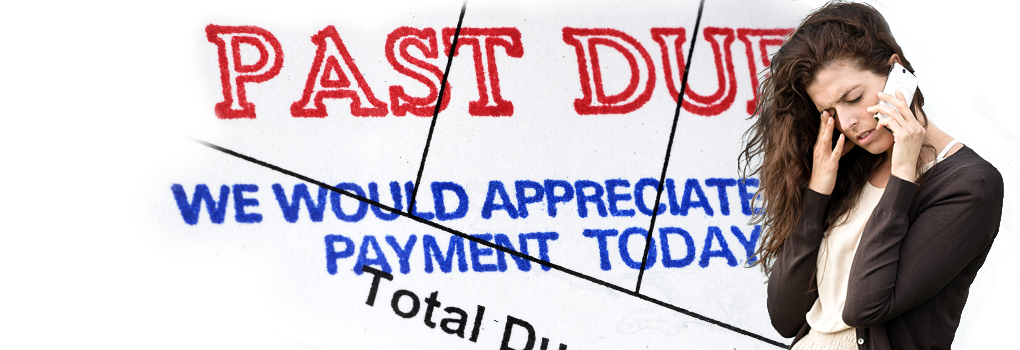What Is Divorce Mediation?
 Mediation is an option only when both parties are willing to work together to resolve the issues involved in the divorce process. Mediation can resolve all issues, including child custody, spousal and child support, division of property and other obligations. Mediation is less expensive than litigation and a lot less stressful. Mediation allows the parties to structure their agreement to meet their needs and the needs of their children.
Mediation is an option only when both parties are willing to work together to resolve the issues involved in the divorce process. Mediation can resolve all issues, including child custody, spousal and child support, division of property and other obligations. Mediation is less expensive than litigation and a lot less stressful. Mediation allows the parties to structure their agreement to meet their needs and the needs of their children.
Divorce Mediation Couple
When a divorce is decided in court, not only does it take longer, it can be much more expensive. Decisions regarding your future and the futures of your children are in the hands of the Judge, a complete stranger to you. A judge hears hundreds of divorce cases a month and the time needed to fully understand the situation is simply not available. You can structure any agreement, within legal limits, that suits your situation and the court will approve it. Mediation encourages the parties to look toward the future and not the past. It saves the emotional battle that occurs when a divorce is litigated through the court.
How Does Divorce Mediation Work?
An initial consultation is scheduled to allow the parties to determine if they wish to mediate their dispute and if the mediator suits their needs. If the parties have committed to mediation, a meeting is scheduled to determine the issues involved and to provide the mediator with necessary information. Each party is given a “work sheet” to prepare their proposed resolutions to the “issues” and to provide information regarding income, expenses, assets and obligations and any other information the mediator requests. In order for the mediation to be successful, both parties must cooperate fully and provide necessary information.
The mediator can prepare the divorce documents and the settlement agreement. The mediator does not represent either party and both parties are advised to seek independent legal counsel to review the agreement. The parties will agree on which party will be the “petitioner” and which party will be the “respondent”. In California it makes no difference which party is which.
It is the mediator’s job to educate both parties as to what the law requires and what, in the mediator’s opinion, the court would do if requested to resolve an issue. The mediator assists the parties in keeping focused on the issues and moving forward through the process. The mediator will not advise you but can make helpful suggestions regarding solutions. The mediator provides both spouses with necessary information to allow them to work together toward a resolution that makes sense to both parties. The mediator provides several options that the parties may not have considered.
Divorce Mediation Benefits
90% of divorce litigation ends in full settlement of all issues after months and months of emotional turmoil, several thousands of dollars in attorney’s fees, hurt feelings and anger. Mediation can resolve the issues and result in a settlement without the cost both financially and emotionally. Mediation is less expensive than litigated divorces. You are engaging one person to resolve the issues between you rather than taking an adversarial approach where you both are paying an attorney $250-$350 per hour and incurring costs for court appearances where a substantial amount of the charge is waiting for your turn before the judge. Divorce mediation can save up to 85% of the costs of a litigated divorce process. Parties who choose to litigate their marital issues often deplete their assets substantially. Mediation can allow you to take control over your future, preserving the family’s assets. Parties are more likely to comply with the terms of the judgment if they have fashioned those terms themselves vs. a judge imposing orders on a party. Parties are more satisfied with the outcome than if they were involved in an adversarial divorce. No one wins in a divorce case, least of all the children. Mediation can allow much more flexibility than court orders. In fashioning orders, the law binds a judge, where in mediation parties are able to fashion orders that work for their individual needs.
What Is The Cost Of Divorce Mediation?
The cost of mediation is substantially less than an adversarial divorce. There is one mediator who works with both parties rather than each party having an attorney. Most attorneys require a substantial retainer and charge between $250 to $350 per hour. In an adversarial proceeding discovery is required which is very timely and expensive. Both parties may be subjected to depositions which are stressful and costly. In mediation the parties voluntarily provide the necessary information to the mediator and opposite party. Although it is recommended that each party have an attorney review the agreement reached in mediation and provide advise regarding the law and the effect of the agreement, it is still substantially less expensive than contested proceedings.
Can Divorce Mediation Be Used In Any Circumstance?
No, not always, but in most cases it is very effective. The parties need to be able to cooperate with the mediator, be open to suggestions, and resolutions and be committed to working together. Mediation will not work if there is a history of domestic violence or the parties refuse to provide the information necessary for mediation. In order for mediation to work the parties must leave fault and blame out of the mix. We will focus on your future and not your past. If the parties do not wish to participate together, it is possible to mediate the issues with the parties separated. The parties can make separate appointments or can be in separate conference rooms during mediation. This is not as productive as co-joint mediation, but in some cases is very effective.




